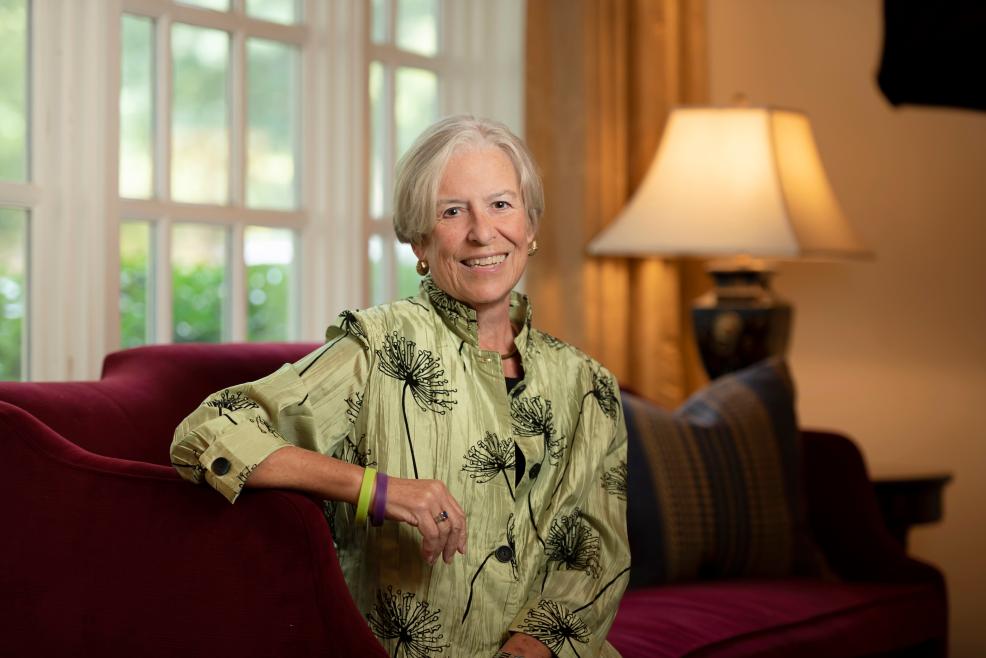In 1988, Nancy Wright successfully beat breast cancer. But at the time, she didn’t know any other cancer survivors. “Nobody talked about cancer back then. I realize just how uneducated I was about cancer in general,” she says.
Her mother-in-law, who was a member of a group that existed at the time called the Duke Cancer Institute (DCI) Citizens Advisory Council, arranged for a two-time breast cancer survivor to speak to a group near Wright’s home in Lexington, NC.
Shortly after that, in 1994, Wright joined the DCI Citizens Advisory Council, then later the DCI Board of Advisors. She found it exciting and educational to hear from other survivors and cancer researchers. “The council encouraged us to be advocates and to write letters to our legislators asking for increased funding for cancer research,” she says. “That was my first foray into political activism.”
Over the years, Nancy and her husband Gordon have been loyal supporters of research at DCI and at the Preston Robert Tisch Brain Tumor Center at Duke, as well as the Duke Marine Lab.
Nancy began thinking of herself as someone who advocated for others with cancer. Patients should ask lots of questions about their care, and they should expect answers, she says. She advocated for her husband as he successfully fought lymphoma with Duke’s help, and she has advised countless friends and family.
She has always told her friends to go to Duke for cancer care because of the access to the latest evidence-based treatments and new therapies available through clinical trials. “If not Duke, go to one of the three National Cancer Institute-designated comprehensive cancer centers in North Carolina. We’re fortunate to have three. Some states don’t have any,” she says.




